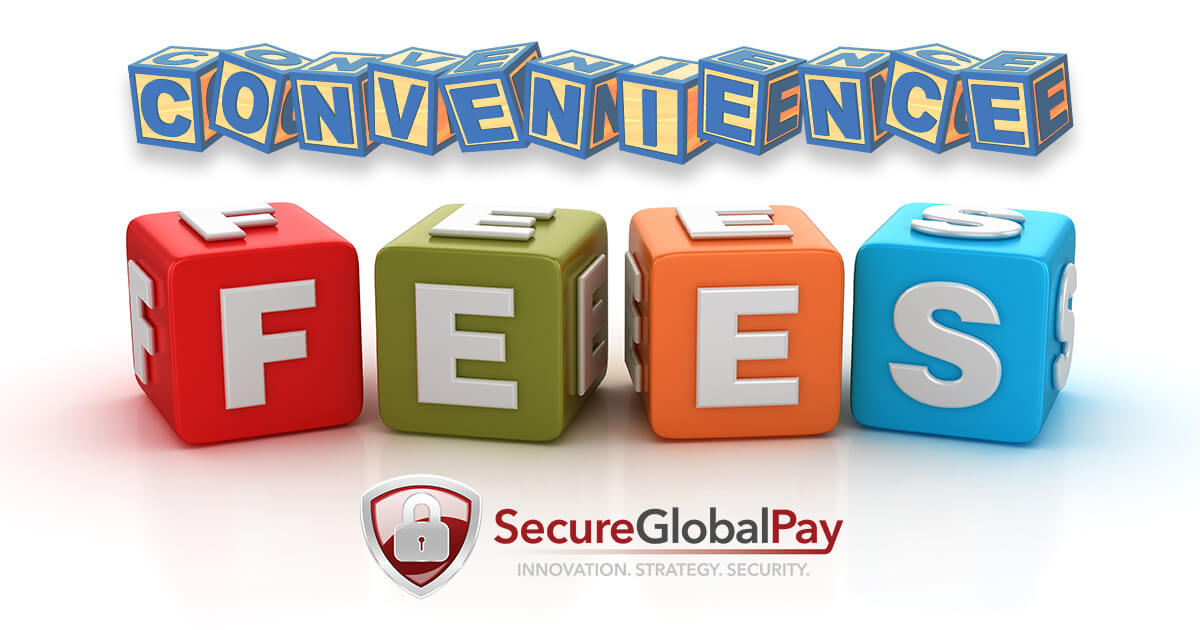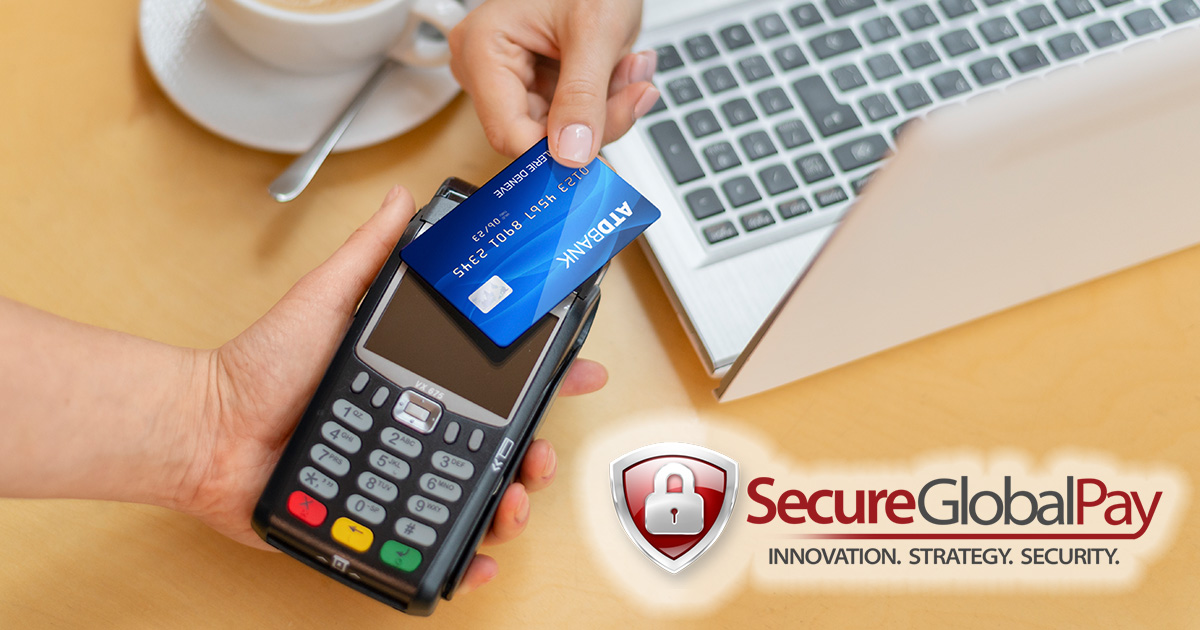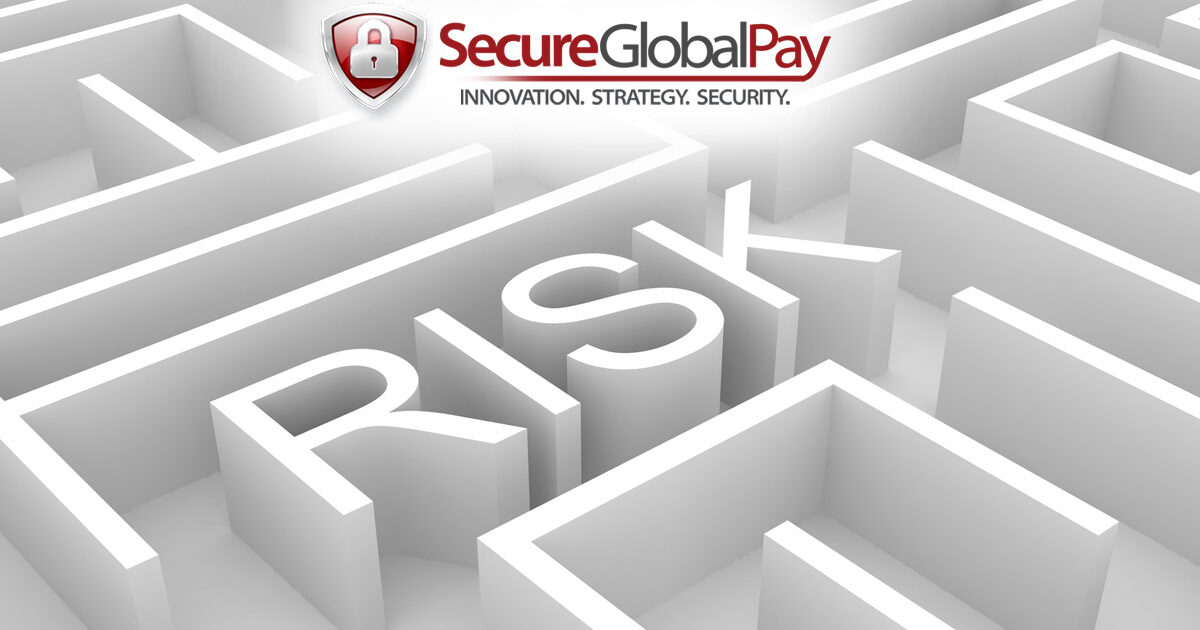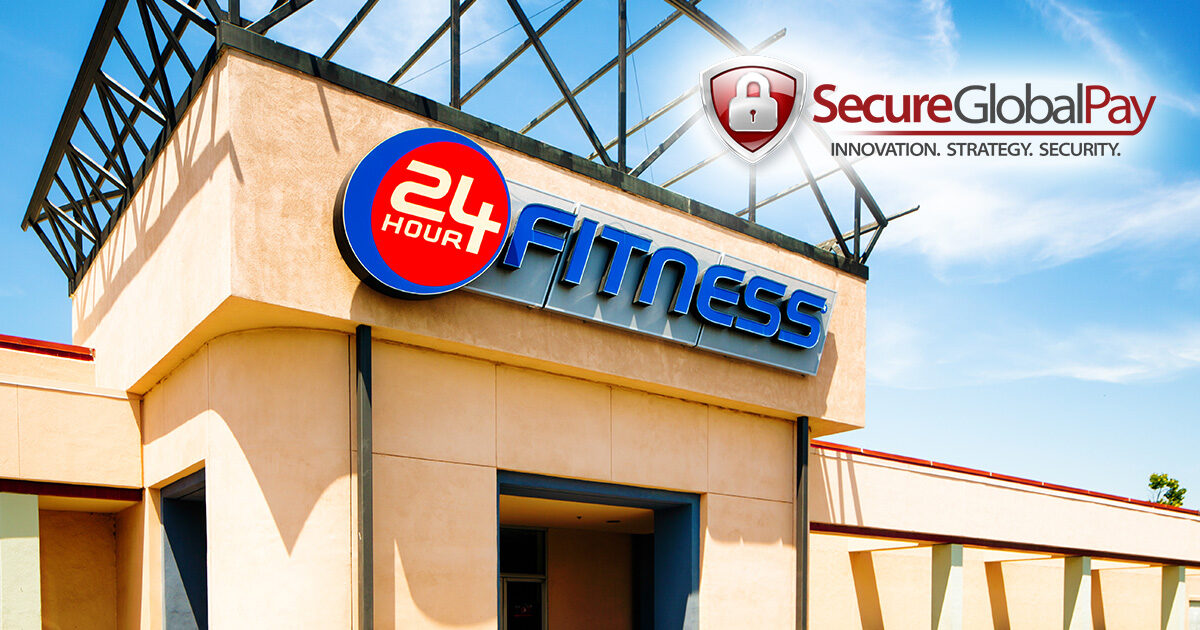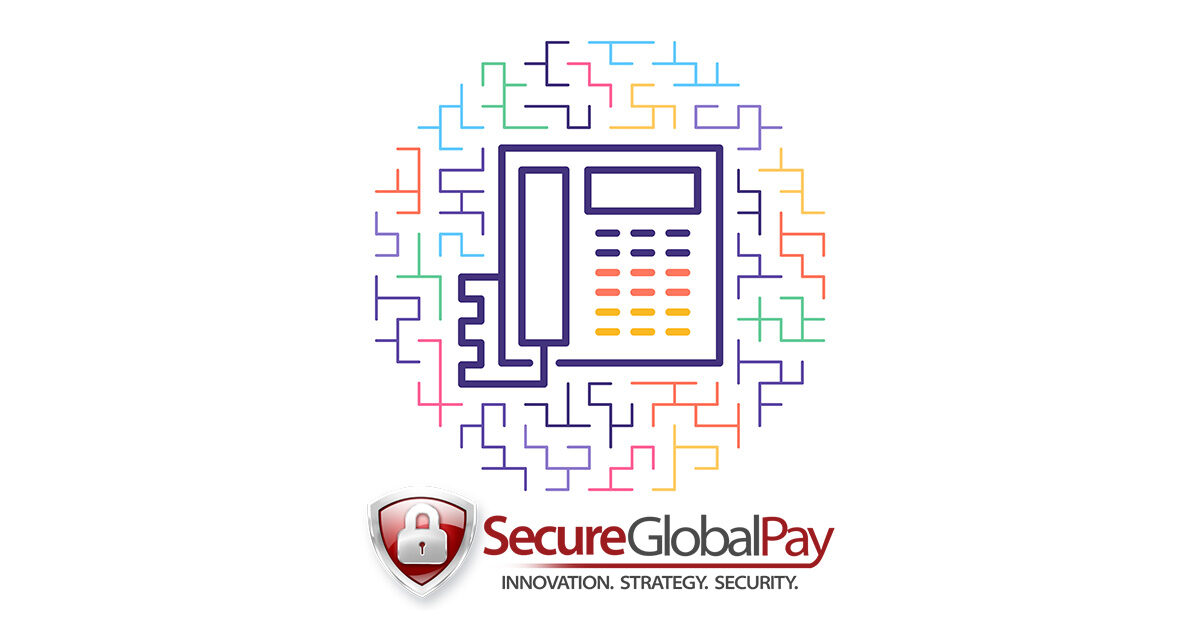Latest News & Trends in The Payments Industry
Everyone at SecureGlobalPay is eager to help you with all your payment processing services. We have created this section for you and your Business to stay up to date on the latest news and trends taking place in the Financial Technologies and Merchant Services Industry. You'll receive updated information on how our payments technology can help you keep better tabs on your revenues, marketing effectiveness and growth. We'll keep you informed on what payment services might help you reach more customers while creating better conversions and revenue opportunities to help your business scale as needed. SecureGlobalPay Merchant Services is proud to provide the absolute best service in the merchant processing industry today!
Many businesses come to us asking whether it’s legal to pass on the processing costs to their customers. The short answer? Yes, but with some caveats. To give you a more nuanced answer, we have to delve into a web of regulations, types of fees, and best practices that merchants need to follow. So in
Over the past few years credit cards have become the most used payment method. For many businesses out there, this means high credit card processing costs — and lower profits. One common way merchants can reduce some of the costs associated with accepting credit card payments is to charge a convenience fee. In this article,
In 2022 alone, US merchants paid a record 161 billion in processing fees. As the number of credit card purchases continues to increase, it’s unsurprising to see more and more merchants implementing surcharge programs in an effort to lower their processing costs. Currently, it is estimated that 5-10% of US businesses who already accept credit
Rising credit card processing fees have been putting pressure on merchants for a while, and the landscape keeps getting worse. Towards the end of 2023, Wall Street Journal published how Visa and Mastercard plan to increase their rates, costing merchants an additional $502 million annually in processing fees. Learn how dual pricing merchant services and
High-risk merchant accounts and high risk merchant processing services by SecureGlobalPay offer a lifeline for businesses that struggle to secure traditional merchant services because of the nature of their business, higher chargeback rates, or other risk factors. With over 25 years of experience, we look forward to speaking with you. If your business falls into
In today’s modern world, staying fit and healthy has become more challenging due to various factors, particularly time management. As a result, gyms and fitness centers need exclusive gym merchant services and robust gym payment processing software solutions to keep up with the surge in memberships. With this growth comes the need for seamless and
According to a recent study, billing inquiries are the primary reason behind customer support calls in the banking and financial sectors. The second highest volume of support calls are made to internet service providers. In addition, almost a quarter of the calls to healthcare providers are related to billing issues. All these support-related channels rely
SecureGlobalPay’s WooCommerce high-risk payment gateway provides integrated payment solutions specifically designed for ecommerce merchants dealing in high risk industries such as CBD, firearms, adult, Nutraceutical, MLM, Gaming, and many others. This gateway integration enables merchants to accept credit card transactions online with multiple merchant accounts payment processing, transaction routing, and many more features designed for
Beauty salons must invest in the right technology and payment processing tools to remain competitive in a market that is still recovering. Enjoying the benefits of an efficient salon merchant account can help simplify customer transactions, increase customer satisfaction, and give your salon the edge it needs to thrive. Merchant services for salons & spa
This blog post will discuss the benefits, challenges, solutions, and implementation tips for understanding SaaS payment processing. The key challenge of any SaaS business is understanding how to process payments for customers or clients effectively. Paying for services can be complicated and costly if not done correctly – making it essential for businesses to have



